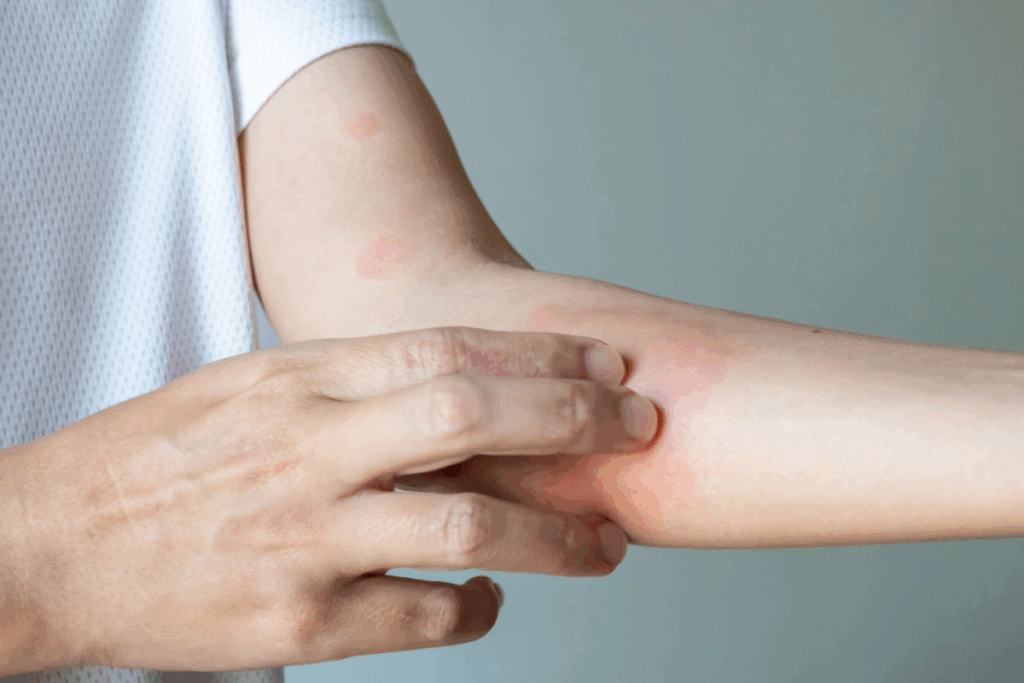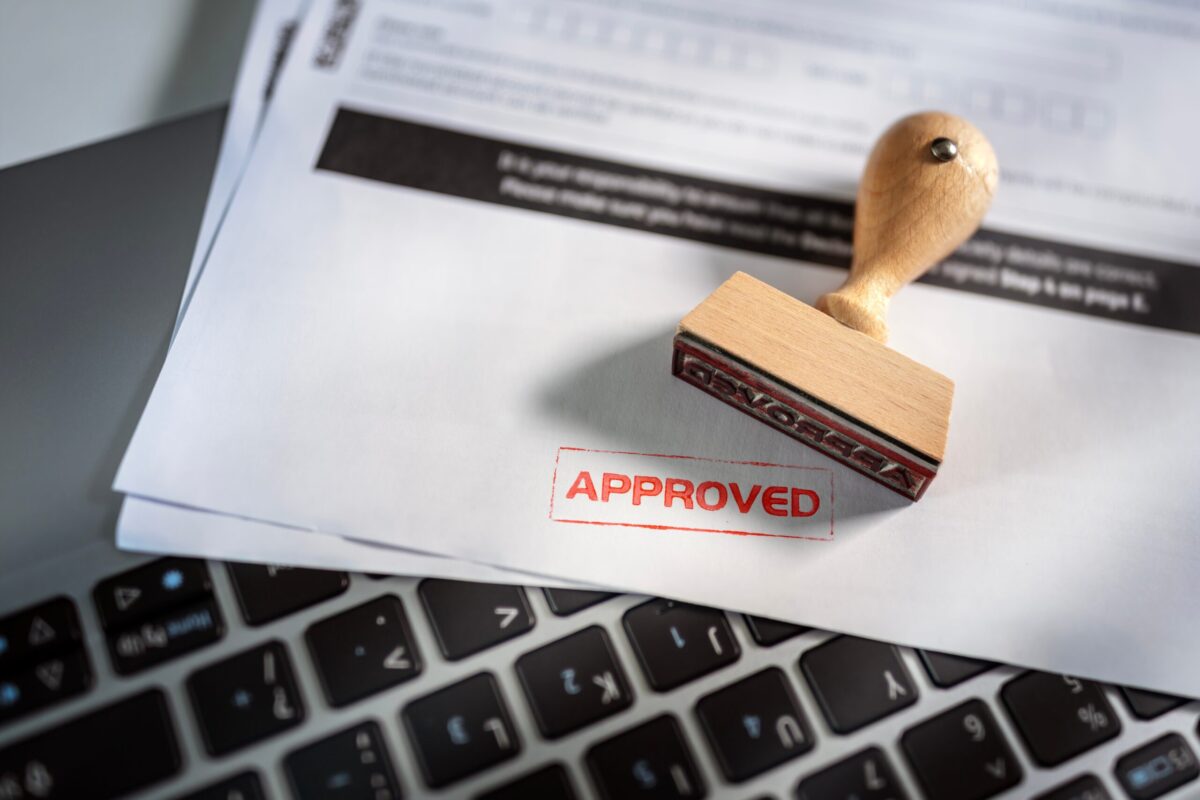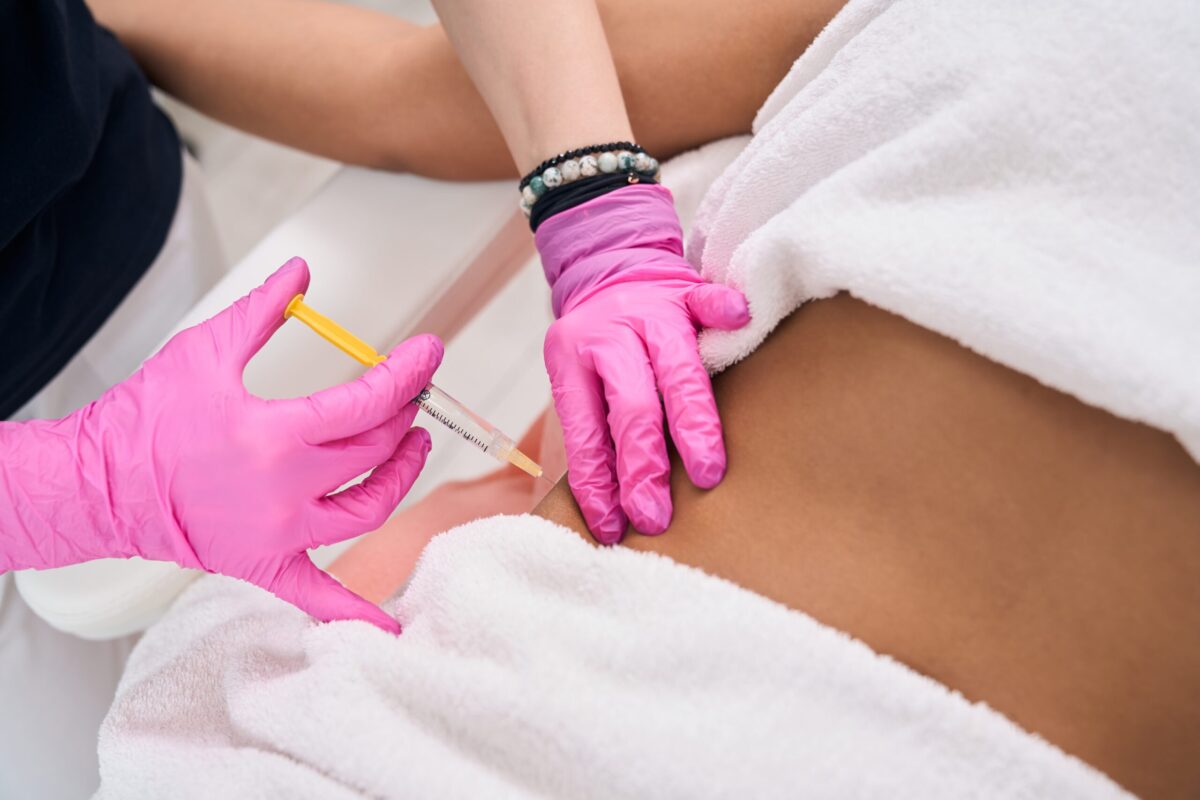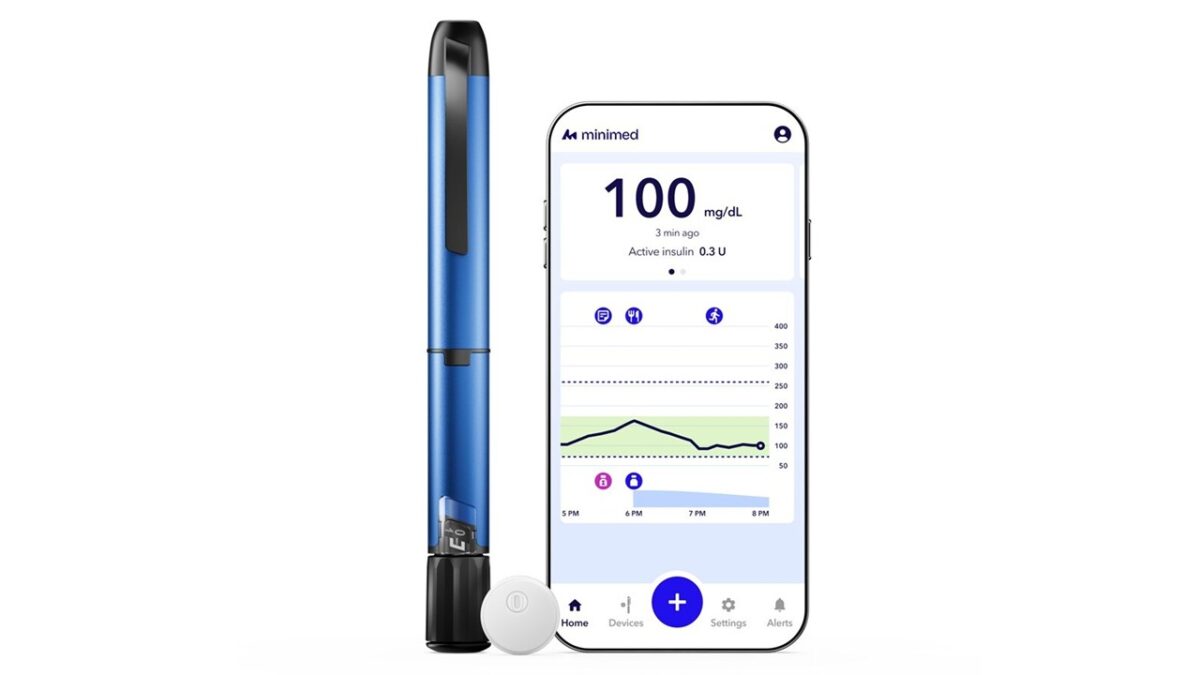The FDA has approved Starjemza (ustekinumab-hmny) injection, a biosimilar referencing Janssen’s Stelara (ustekinumab).
Developed by Bio-Thera Solutions, Ltd. and to be commercialized in the US by Hikma Pharmaceuticals, Starjemza is indicated for adults and children (6 years and older) with moderate to severe plaque psoriasis, active psoriatic arthritis, moderately to severely active Crohn’s disease and ulcerative colitis.
While Starjemza is the first Stelara biosimilar approved by the FDA in 2025, it is the eighth overall, following the approval of Sandoz’s Steqeyma in December 2024.
Starjemza works by mimicking Stelara, a human monoclonal antibody that targets and blocks IL-12 and IL-23, key players in the inflammatory process, interrupting the cycle of inflammation and disease progression.
The FDA’s approval was based on a comprehensive data package that included analytical, non-clinical and clinical studies.
Bio-Thera conducted a Phase I trial to evaluate the pharmacokinetics and safety of Starjemza in healthy volunteers, and a Phase III trial in patients with moderate to severe plaque psoriasis to compare its efficacy, safety and immunogenicity to Stelara. These studies demonstrated that Starjemza is highly similar to its reference product, with no clinically meaningful differences in effectiveness or safety.
In terms of safety, Starjemza carries important warnings, including a risk of serious infections like pneumonia and sepsis, especially in individuals with a history of chronic or recurrent infections. Hypersensitivity reactions, such as anaphylaxis, have been reported, along with rare but serious neurologic conditions like posterior reversible encephalopathy syndrome (PRES). As with other immunosuppressants, there is also an increased risk of certain cancers.
With Starjemza — Bio-Thera’s third FDA-approved biosimilar — now cleared for use, Bio-Thera and Hikma plan to leverage Hikma’s extensive commercial network to bring the biosimilar to US hospitals and clinics, supporting expanded patient access to a therapy that mirrors Stelara’s proven impact on inflammatory diseases.
XTALKS WEBINAR: Strategies for Choosing the Right Bioanalytical Partner to Accelerate Drug Development
Live and On-Demand: Monday, July 14, 2025, at 11am EDT (4pm BST/UK)
Register for this free webinar to gain insight into questions to evaluate a CRO’s fit, expertise and approach in areas like LC-MS/MS, mass spectrometry and regulatory compliance.
![]()
Impact of Biosimilars on Leading Biologics
Prescription drug spending accounted for nearly 11% of total personal healthcare services in the US in 2022, up from about 7% in the 1990s. Within the generic pharmaceuticals market, the global biosimilar segment is expected to be the fastest growing, with a projected compound annual growth rate (CAGR) of 8.8% between 2023 and 2028.
Lumicera Health Services recently announced a purchase agreement for the unbranded ustekinumab-aekn biosimilar, estimated to generate up to $336,000 in annual per-patient savings and $120 million in overall client savings. Navitus Health Solutions, Lumicera’s parent company, plans to remove Stelara from its formulary on July 1, 2025, reflecting a payer-driven shift away from brand-name biologics.
The biosimilar wave is also impacting other blockbuster biologics.
In J&J’s Q1 2025 report, Stelara saw a significant 33.7% decline in US sales, driven by discounted ustekinumab biosimilars offering compared to the reference product.
Globally, Stelara’s sales fell by 4.6% in 2024, signaling the early effects of biosimilar competition.
AbbVie’s Humira (adalimumab) faced a 49% drop in quarterly sales in early 2025 as biosimilars gained traction.
Biogen’s multiple sclerosis portfolio saw an 11% decline in Q1 2025, driven by intensified competition from biosimilars and generics.
And Regeneron’s Eylea (aflibercept) reported a 26% decrease in US sales during the same period, reflecting the impact of emerging biosimilar alternatives and a shift toward its high-dose formulation.
If you want your company to be featured on Xtalks.com, please email [email protected].












Join or login to leave a comment
JOIN LOGIN